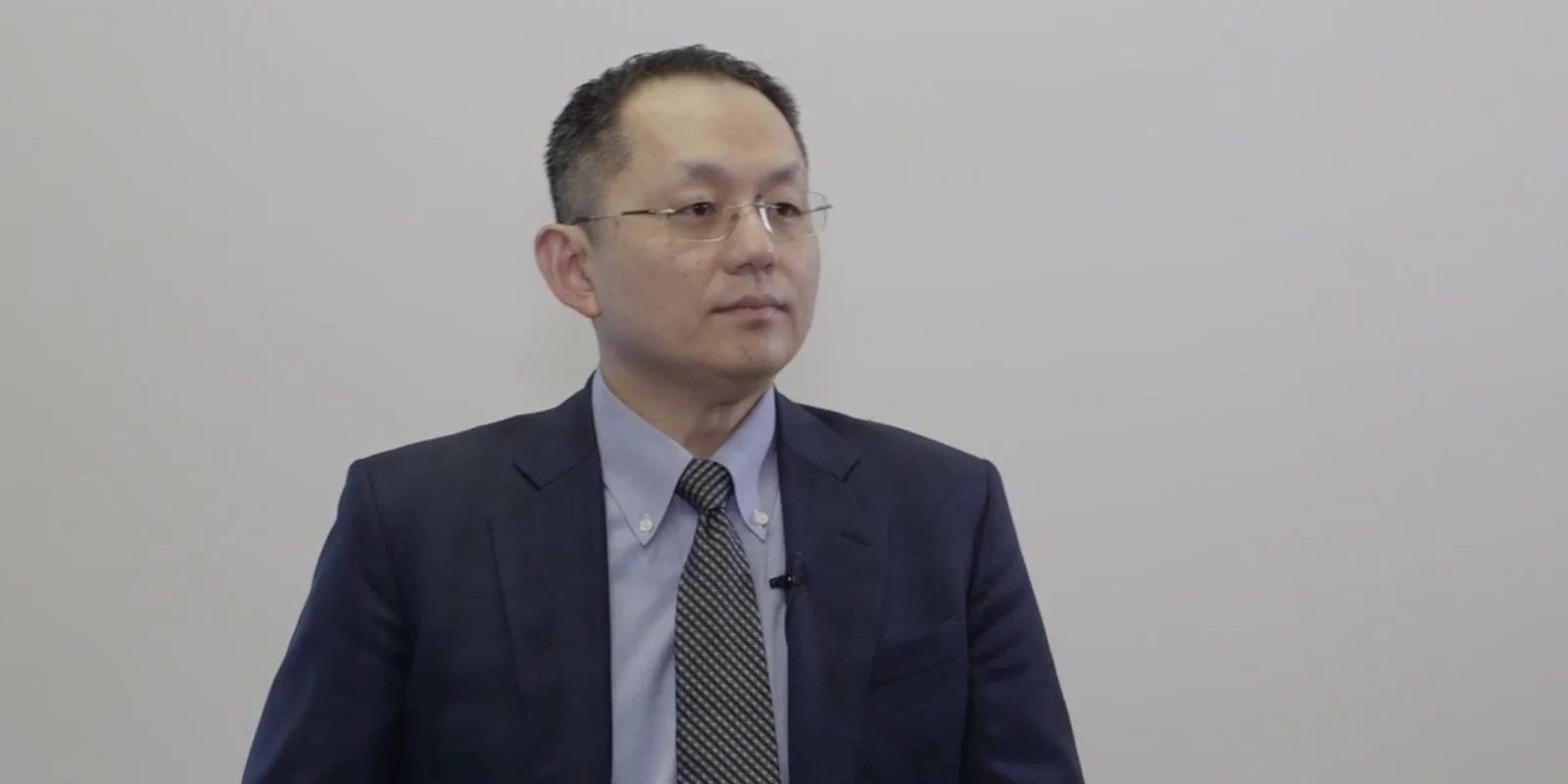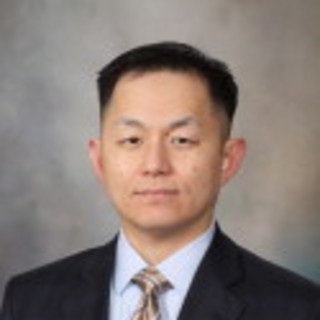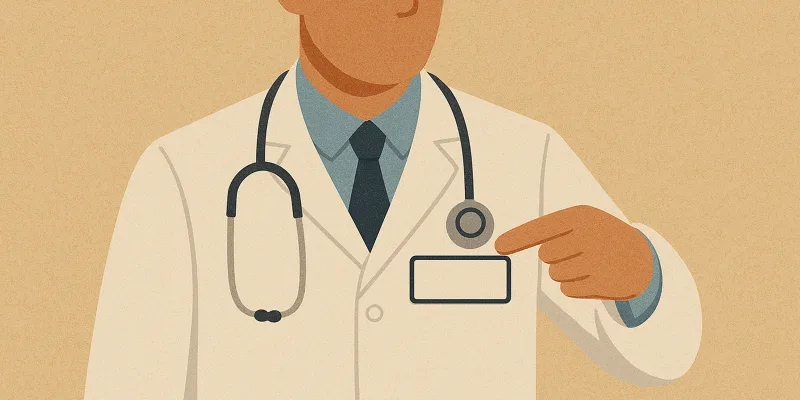
An Interview with Harry Yoon, MD
Associate Professor of Oncology, Co-Chair of Gastric/Esophageal Cancer Disease at Mayo Clinic
Dr. Harry Yoon is an Associate Professor of Oncology and Co-Chair of Gastric/Esophageal Cancer Disease at Mayo Clinic. A number of abstracts from his group were presented during the Cancers of the Esophagus and Stomach Session at ASCO GI 2019. He discussed his research and the exciting changes in oncology with Doximity. A transcript can be found below. The accompanying video interview is soon to come.
Doximity: What are some key takeaways from your research?
Dr. Yoon: So, the focus of my research is basically improving the outcomes of patients who have gastric cancer. It’s identifying which are the factors that make gastric cancer grow faster or more aggressively, and to identify treatments that help people live longer or better. And to better tailor the therapies so that they really fit the patient. One highly interesting area of research is immunotherapy and finding ways...to understand where in the course of treatment immunotherapy seems to work the best and how to tailor immunotherapy with other therapies to make them all effective.
Doximity: Immunotherapy has really transformed oncology in recent years. In light of that, can you comment on how the field has changed, and how you’ve changed your approach to treatment and patient care?
Dr. Yoon: I agree with you, immunotherapy has made a dramatic change. What we are seeing are more long-lasting benefits from a therapy that has much fewer side effects, compared to traditional chemotherapy. So, that’s really exciting. There have been some really interesting abstracts at this meeting. There was a big one that is potentially practice-changing. Patients with esophageal cancer were found to benefit more from an immunotherapy called pembrolizumab compared to chemotherapy ([specifically,] in a certain set of patients that had a particular tissue test result that was positive). So, I think that’s an important finding that could affect clinical practice, as well as my practice.
And then there was another abstract where immunotherapy, the same pembrolizumab drug, was combined with another new biologic called trastuzumab plus chemotherapy. Typically, if you don’t have immunotherapy ,only about half the patients have their tumor shrink. But when you add immunotherapy, in this small study, the percent of patients that responded was 87 percent. So it’s higher. It’s interesting. It has to get confirmed but I think that’s an exciting new pathway moving forward.
Doximity: What do you think are some of the most exciting combination therapies coming through the pipeline?
Dr. Yoon: I think this one is definitely one of the most exciting because it was the first time that HER-2 targeted agent was combined with chemo, combined with immunotherapy, and the responses were, I think, unexpectedly high. And it was well tolerated.
I think it’s too soon to say for other drug combinations, but they are interesting because HER-2 targeted agents have been combined with PD1 blockade, and PD1 blockade with angiogenesis inhibitors, and they’ve all had preliminarily interesting results that need to get confirmed in future studies.
Doximity: What are some other future directions that you are excited about, both in the field in general and in your own research?
Dr. Yoon: I think we are seeing things in clinic — we are just starting to learn about how important the immune system is in fighting cancer, but more specifically, we are just starting to scratch the surface of how we can tap into that — and that’s what is really exciting.
I think trying to understand what immunotherapy is doing to the tumor, and to the person, is maybe one of the most important areas of research in the next few years …. just figuring out exactly what is happening. Because as we figure that out, then we will learn how to not just, sort of, give one person all of these different anti-cancer agents, but know how to tailor it in doses where people can have a good quality of life and live with cancer, but not necessarily feel ill all of the time (either from their cancer or from the treatment). And I think we are starting to hopefully step into that area.
Illustration by April Brust







